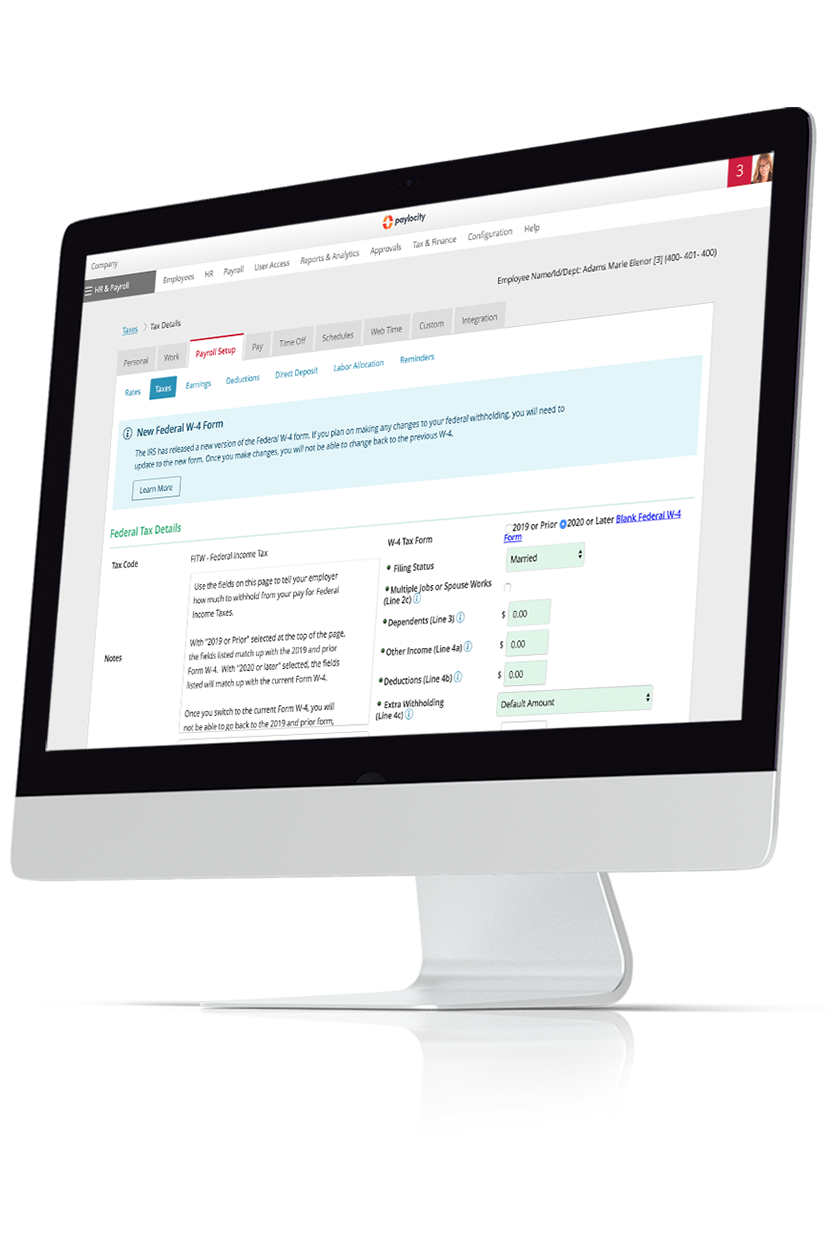FUTA Tax Credits
Unemployment taxes don't exist at just the federal level under FUTA. Each state also has a separate unemployment tax that applies under a SUTA. Similar to FUTA, most state unemployment taxes are paid solely by employers, though some states (Alaska, New Jersey, and Pennsylvania) do require employees to share this responsibility.
The positive news is that if an organization pays its state unemployment taxes in full and on time, it can earn up to a 5.4% credit for its FUTA unemployment taxes. In such cases, employers only need to use 0.6% when calculating their FUTA tax payments.
For example, if Employer XYZ above earned the full 5.4% FUTA credit, it would only have to pay up to $42 in FUTA taxes per employee (0.6% x $7,000).
Credit Reduction States
Unfortunately, the total credit available to an organization depends on the state in which it operates and if that state has any outstanding unemployment insurance loans due to the federal government.
If a state has such a loan on January 1 for two consecutive years and does not repay the full amount by November 10 of the second year, the total credit allowed in that state will be reduced by 0.3% each year until the loan is repaid. These states are called Credit Reduction States, and as of December 18, 2024, only two states (California and New York) have this status.
For example, Employer XYZ is located in a credit reduction state and that state's balance is in its fourth year of not being repaid. The credit reduction for that state is 0.9% (0.3% per year for the second, third, and current year of not being paid), so the total FUTA credit Employer XYZ could earn for its 2024 taxes would be 4.5% (5.4% - 0.9%).
Therefore, Employer XYZ would have to pay up to $105 in FUTA taxes per employee (1.5% x $7,000). If the state still has not fully repaid the loan by November 10, 2025, the maximum credit will be reduced by 0.3% again to 4.2%, and Employer XYZ will have to pay up to $126 in FUTA taxes per employee for 2025 (1.8% x $7,000).
FUTA FAQs
What is the difference between FUTA, SUTA, and FICA?
FUTA taxes are federal unemployment taxes, while SUTA taxes are unemployment taxes paid to the state. These differ from FICA taxes, which are federal payroll taxes for Medicare and Social Security.
Who is subject to FUTA?
Any organization that meets the General, Household Employee, or Farmworker tests must pay FUTA taxes.
How do I find my FUTA taxes?
Multiply the current FUTA tax rate (6% or 0.6% if you have the 5.4% tax credit) by the current wage base limit ($7,000) for each worker you employ who earns over $7,000 annually. If an employee earns less than $7,000 annually, multiply the current tax rate by her or his total annual wages.
If you live in a credit reduction state (California or New York), adjust the standard FUTA tax rate (6.0%) based on the maximum credit allowed for your state.
What's a Credit Reduction State?
If a state has an unpaid unemployment insurance loan due to the federal government on January 1 for two consecutive years and hasn't repaid the loan by November 10 of the second year, it becomes a Credit Reduction State. The maximum FUTA tax credit available to employers in that state is reduced by 0.3% each year until the loan is fully repaid.
What's exempt from FUTA?
The only organizations exempt from FUTA taxes are those with a 501(c)(3) status (aka charity organizations). However, these organizations may still be subject to FICA taxes. Also, in certain U.S. territories, the specific wages paid to workers can sometimes be exempt from FUTA taxes even if the overall organization is not.
Do nonprofit organizations pay FUTA?
If the nonprofit qualifies for 501(c)(3) status, then it does not have to pay FUTA taxes.


